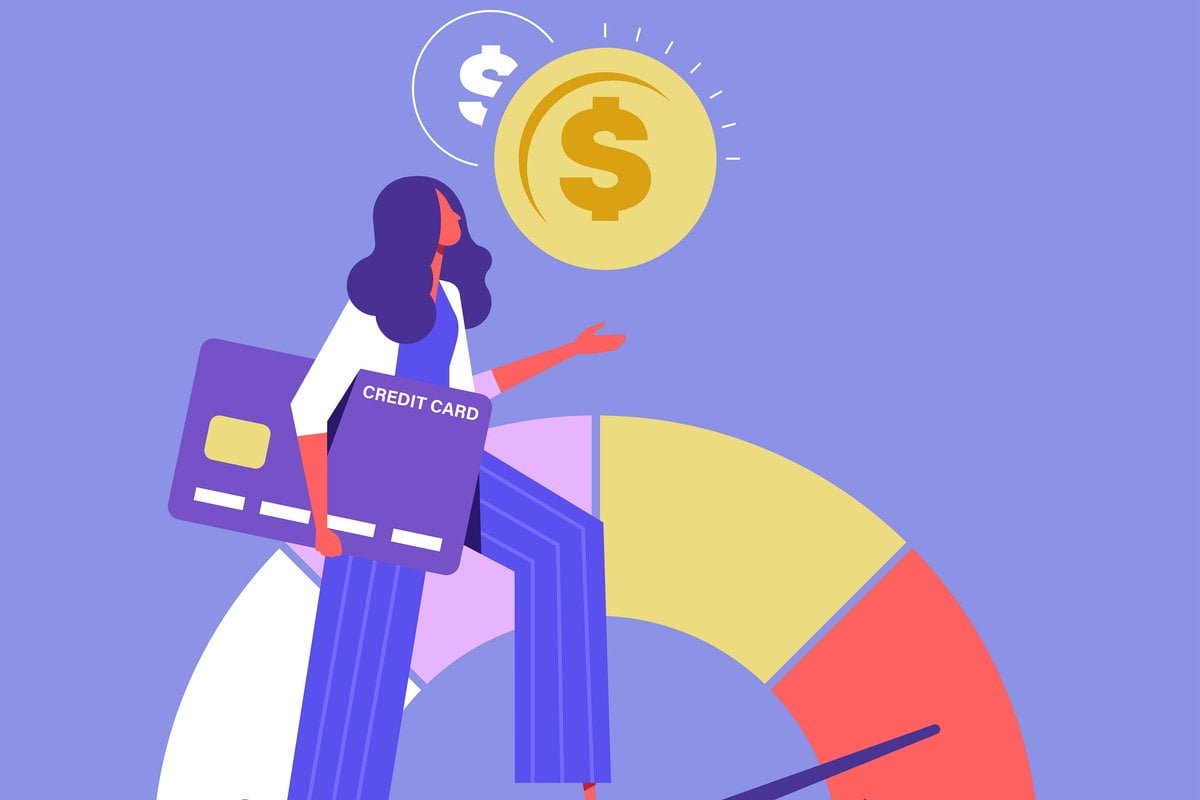
Debt is a heavy topic.
For some, it's a nightmare they can only hope to avoid. For others, it's already an insufferable reality.
It's often a conversation we refuse to have. A subject too shameful to discuss. And that's exactly why Mamamia wants to talk about it.
Watch: The 5 money lessons your parents told you that you should probably forget. Post continues after video.
In 2021, a survey among over two thousand Australians told us that Millennials have an average personal debt of around $56,000. Gen X's averaged out to about $55,000. Gen Z's aren't too far behind either with an average debt of around $46,000.
Research shows us Australians are slowly falling into more debt as each year passes, which makes discussing methods to remain-debt free and on top of our money more important than ever.
There's no quick pill or magic wand that rids all of our money troubles – clearing debt takes a lot hard work. Which is why we reached out to the Mamamia community to tell us their own stories – to show just how possible it is to get back into the black.
Top Comments